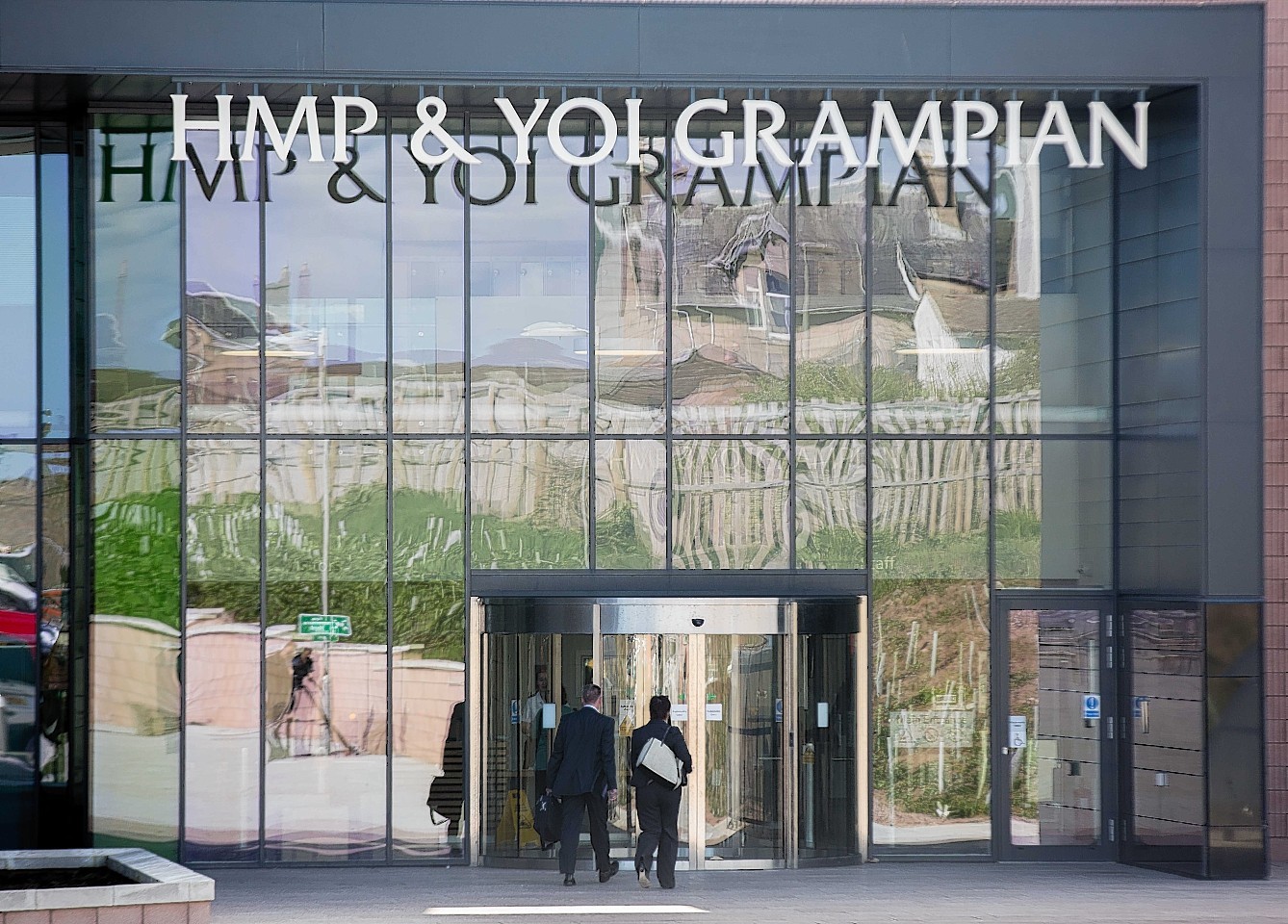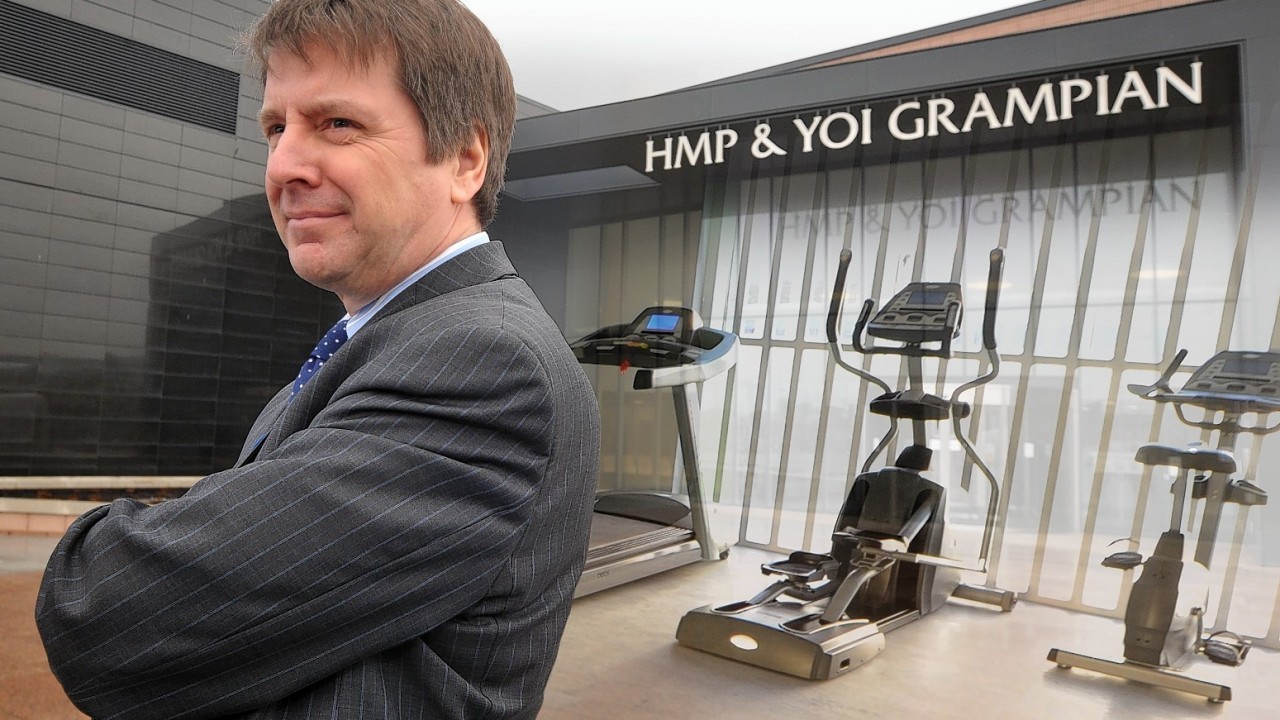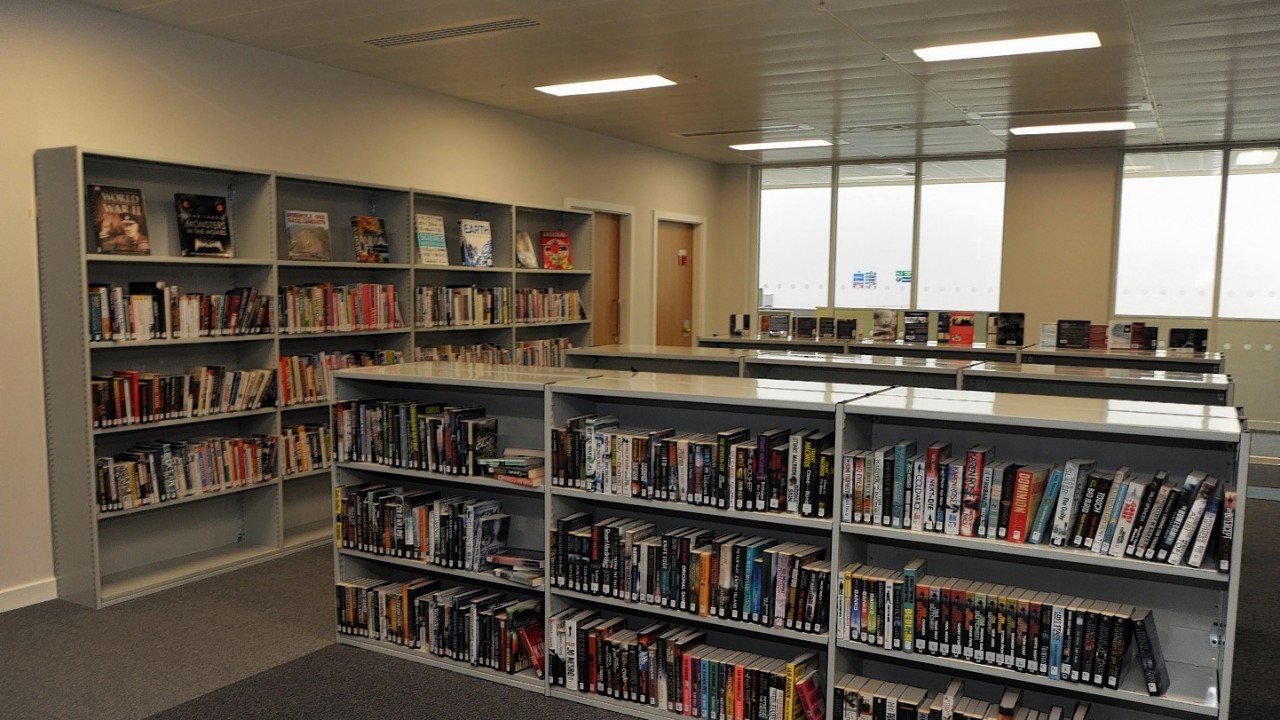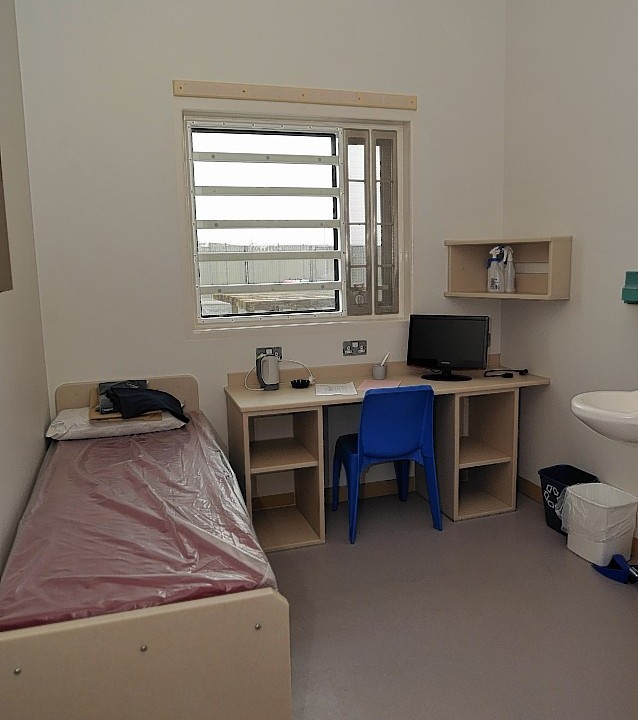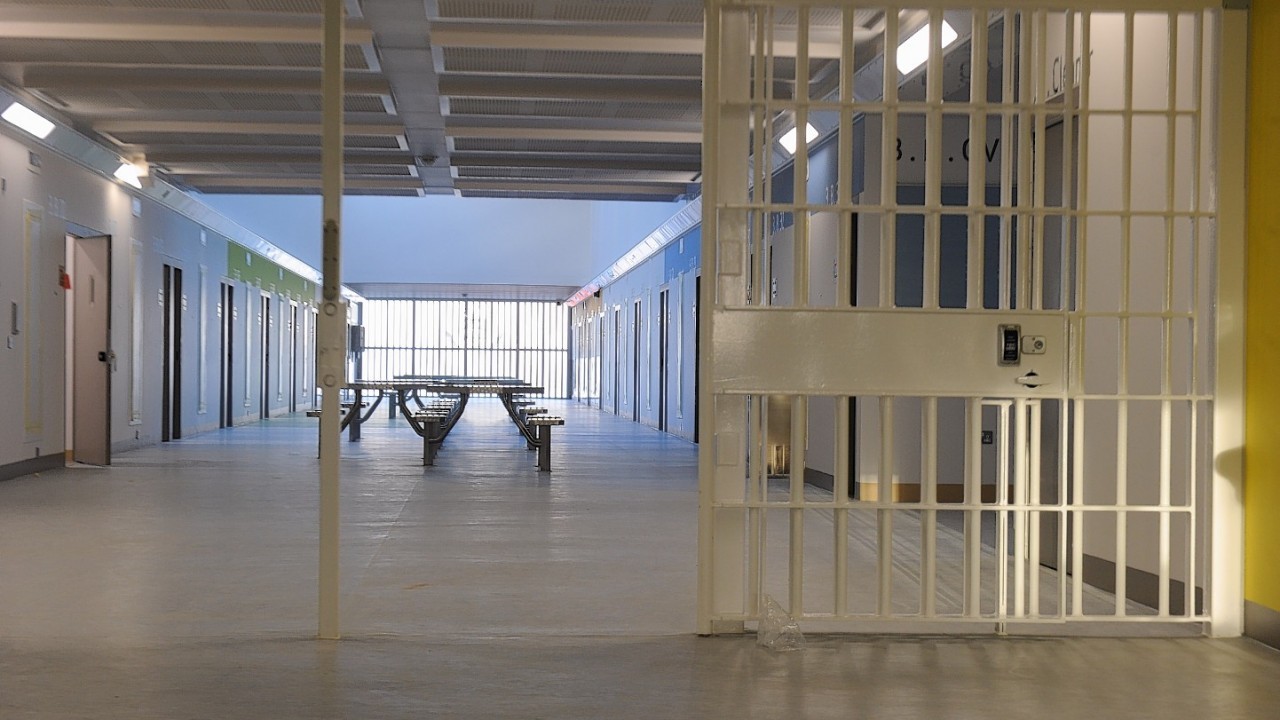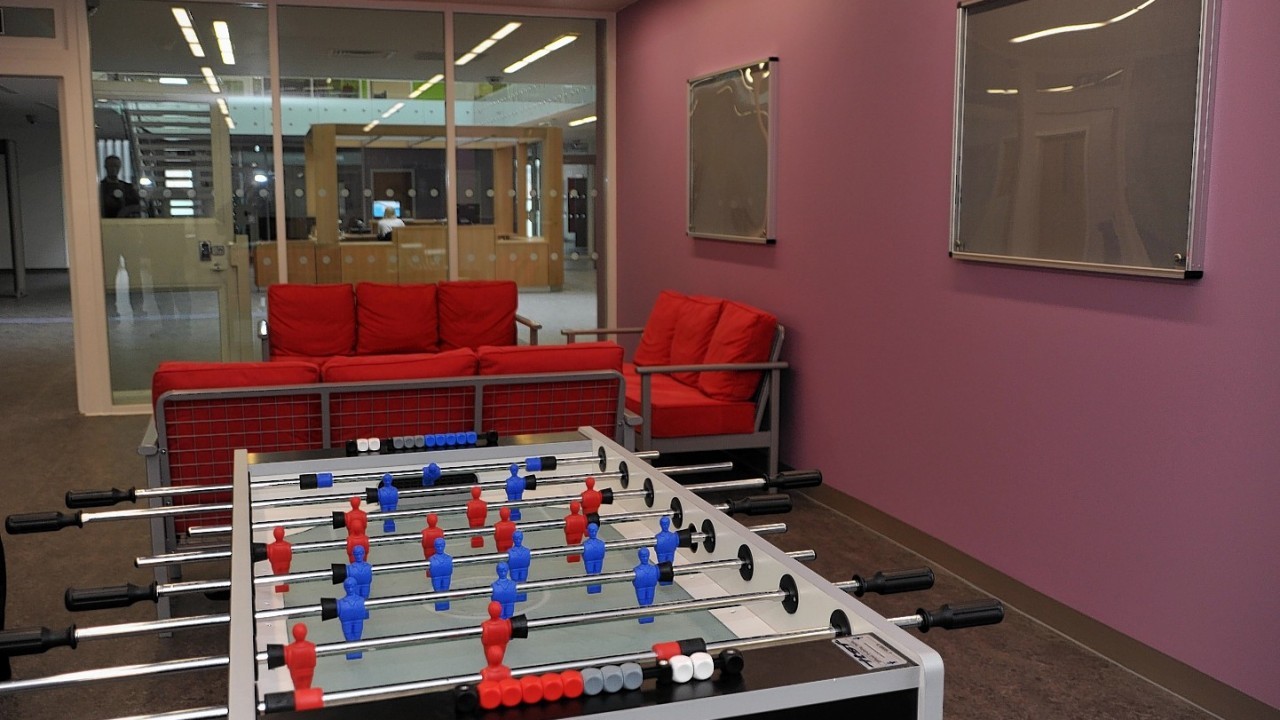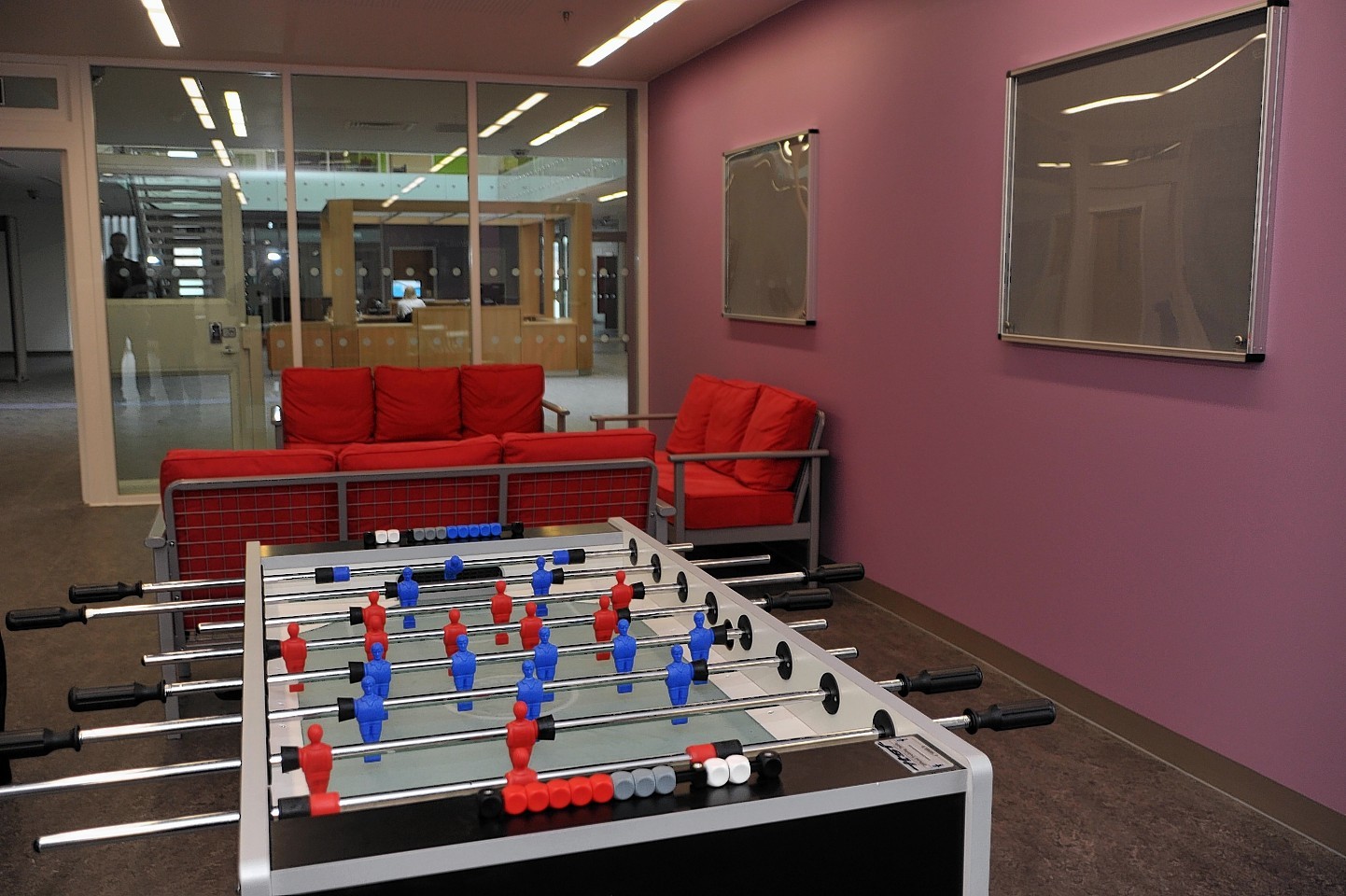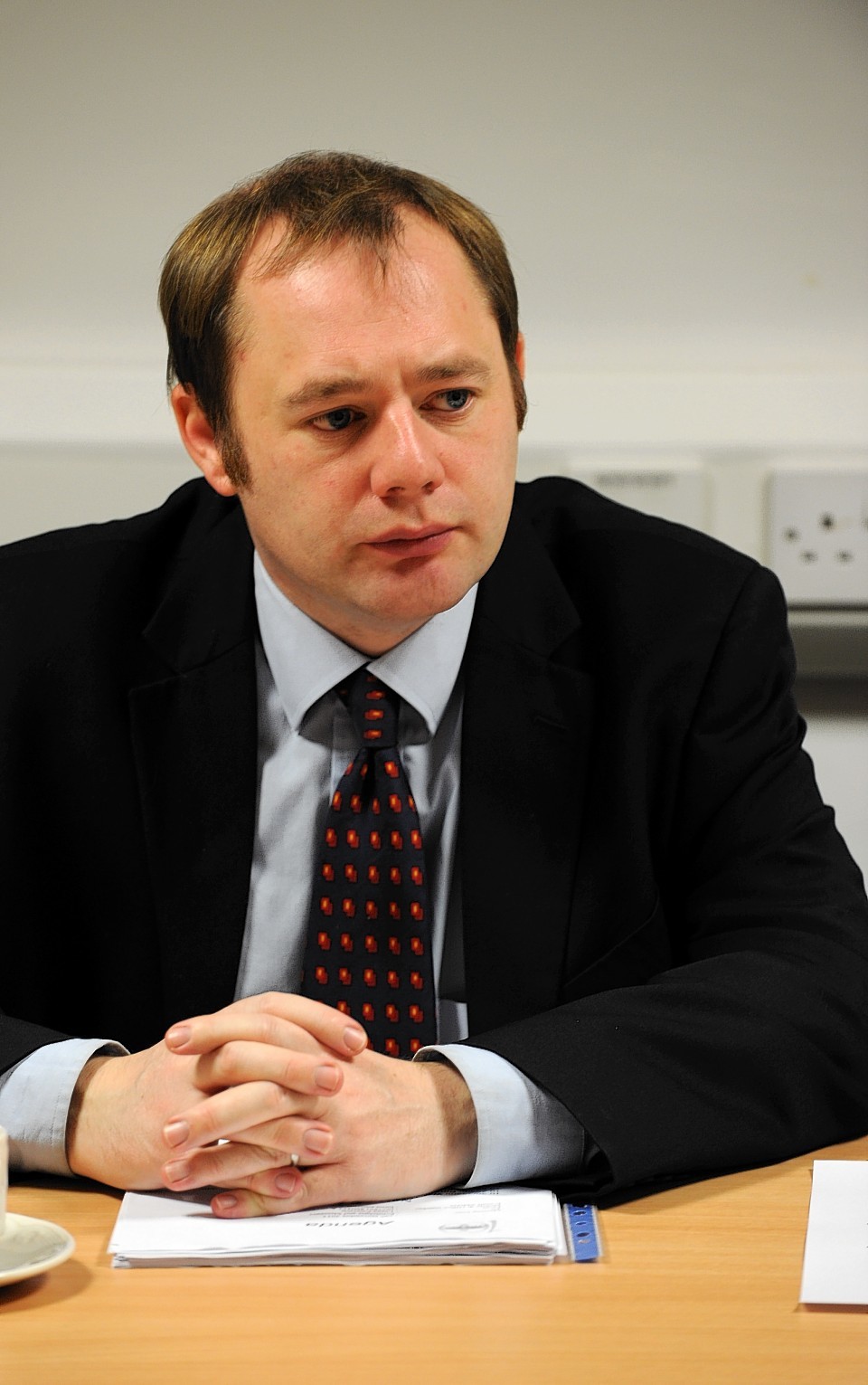Prison chiefs are paying a team of academics £150,000 to study the “quality of life” for criminals at a north-east jail.
Inmates and staff at HMP Grampian will be quizzed by members of the University of Cambridge’s Institute of Criminology.
The Scottish Prison Service (SPS) has awarded a contract for the survey examining the “environment, relationships and culture” at the £150million facility.
Last night, local politicians questioned the project represented the best use of money at a time of shrinking public finances.
However, one of the experts from the English university’s Prison Research Centre (PRC) argued that valuable lessons could be learned from the process.
The £150million superjail, a replacement for the old Peterhead and Craiginches prisons, has suffered a series of teething problems since it opened in March last year.
Prisoners caused nearly £150,000 of damage during a 14-hour standoff in the jail’s Ellon Wing, while inmates lodged hundreds of complaints about the food, laundry and gym facilities.
The Press and Journal also revealed last month that home-made knives, syringes, mobile phones and stashes of cocaine and cannabis were among a catalogue of items seized by guards at the jail.
The new study, titled Measuring the Quality of Prisoner Life – HMP & YOI Grampian, will be conducted by Cambridge University’s Institute of Criminology.
The £150,000 contract covers the an initial stage of research, with the potential for two extensions.
The contract award notice describes the project as “a very specialised piece of work” involving “research around the quality of prison life”. It is described as a “discrete, one-off project” for HMP Grampian only.
Academics will be tasked with looking at ways in which the prison is “embracing and implementing a new cultural paradigm”. The remit also extends to examining the services that are available to supporting those making the “transition” from custody back into the community.
North-east Labour MSP Richard Baker said: “Is this the best use of resources? It seems to me a huge amount of money to spend on a survey when the fact of the matter is – certainly until recently – prisoners that should be in HMP Grampian are being relocated outwith the north-east.
“Rather than simply gauging whether prisoners are happy or not, the focus should be on whether the facility is being run smoothly, given the substantial teething problems.”
Alan Donnelly, a Conservative councillor in Aberdeen, is a long-standing member of the city’s Prison Visiting Committee. The oversight bodies are in line to be abolished under plans from the Scottish Government.
He said: “This is a £150million prison, a brand new state-of-the-art facility that’s got everything in it. Whey they want to spend all this money when they have already spent so much I don’t know. Also, if they wanted to find out about life quality for prisoners, then they should not be shutting the door to prison visiting committees.”
An SPS spokesman said the Institute of Criminology at Cambridge is regarded as a “world leader” in its field.
He said: “I think it makes sense that we get research done to ensure that we are actually achieving the results that we want.
“We have recognised that we can’t change people, people change themselves. We have to make sure that the environment we have in place is the most conducive to facilitating that change as it can be.”
The research would likely be carried out over a period of several years, the spokesman added.
The academic heading the team that will examine the quality of life at HMP Grampian insisted the study would be in the wider public interest.
Alison Liebling, professor of criminology and criminal justice at the University of Cambridge, said the six-strong group behind it were the “most experienced” at the research centre.
Prof Liebling, who is director of the PRC, also credited the Scottish Prison Service with foresight in seeking an independent view of the new jail’s operations.
She said: “It is quite enlightened of them to be spending money asking quite serious questions, not doing it in-house but doing it with a team that probably knows prisons better than any other kind of research or management team.
“We know where to look for difficulties as well as the positives.”
When asked about the criticism levelled at the SPS by some local politicians about the use of public money, Prof Liebling responded: “My assumption is that it is in the public interest to know what this prison is like.”
“There are some unusual things being done, for example around the housing of men, women and young offenders together, these are policy decisions that have been taken a long time ago.
“I think it is probably quite important for the public to have as much understanding as possible about the operations of the prison.”
She added: “One of the reasons why it is really expensive is that we won’t do anything that involves short cuts. We have put all our resources and expertise in to this because I think it is deserving of that kind of attention.”
A report is expected to be submitted to the SPS in about three months.
